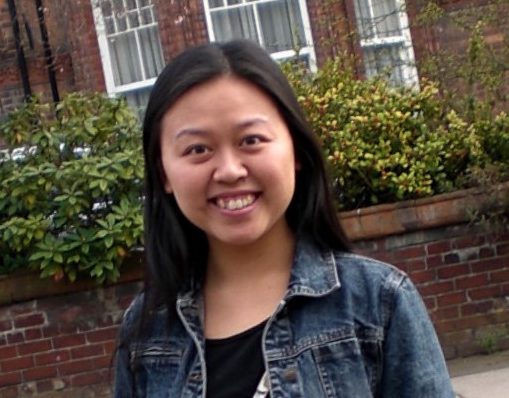Deng Jun(邓军)received a doctoral degree in Chinese Intellectual History from East China Normal University in 2013. She was a post-doctoral scholar at School of Marxism, Shanghai Jiaotong University. She conducted research in Göttingen University from May to September 2016.
Where did you study? What did you study? In which field are you working in? etc.
I did my B.A., M.A. and PhD. at East China Normal University in Chinese Intellectual History. Now, I study and teach Modern Chinese history in Shanghai Jiaotong University as a post-doctoral scholar.
What are your main research interests?
My main research interest is the relationship between revolution and religiosity in modern China. And I am also interested in the young Chinese intellectuals’ conversion to communism from 1915 to 1925.
What are your current projects?
My current project focuses upon the early Chinese communists, religiosity and revolution, as I reconsider why these early communists turned to Marxism.
What led you to pursue this research?
The issue caught my attention because I found beliefs and practices of early Chinese Marxist as atheists looked like those of religious believers. However, there is no satisfactory explanation on the paradox.
How is your research unique?
There is a sizeable amount of research into this question already, but scholars have paid little attention to religious factors. Some scholars focus on the influence of a series of political events, such as the May-Fourth Movement (Ting Shouhe丁守和, 1963), the first World War (Luo Zhitian罗志田, 1999), or the October Revolution of 1917 (Li Xin李新, 1983); others have focused upon the function of Chinese traditional culture (Li Zehou李泽厚, 1987; John King Fairbank, 1948); and a few have turned their research to Russian influences (Stuart R. Schram, 1963) or Japanese intermediation (Ishikawa Yoshihiro, 1991). My own research explores how religious factors drove intellectuals to Marxism, while Marxism as a secular belief was religionized due to intellectuals’ belief reconstruction in the crisis of the collapse of Chinese beliefs.
How do you want to use your fellowship for your research?
I’m here in a visiting research position. I’m working on a post-doctoral report about the road to Marxism of the early Chinese communist in the version of religiosity and revolution.
How would you describe your work’s importance to an interested lay audience?
Why would the early Chinese communist sacrifice themselves to revolution? Why would they look like religious believers as atheist? The answer lies in the inner logic of their thought and revolutionary practices. My research tries to find these influential religious factors how they shape the early Chinese communist’s thought and practices.

